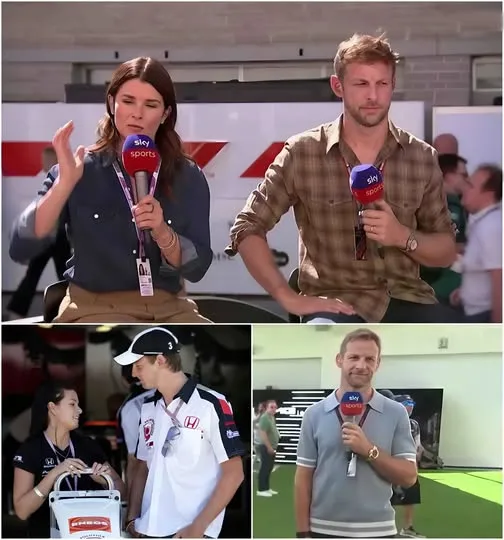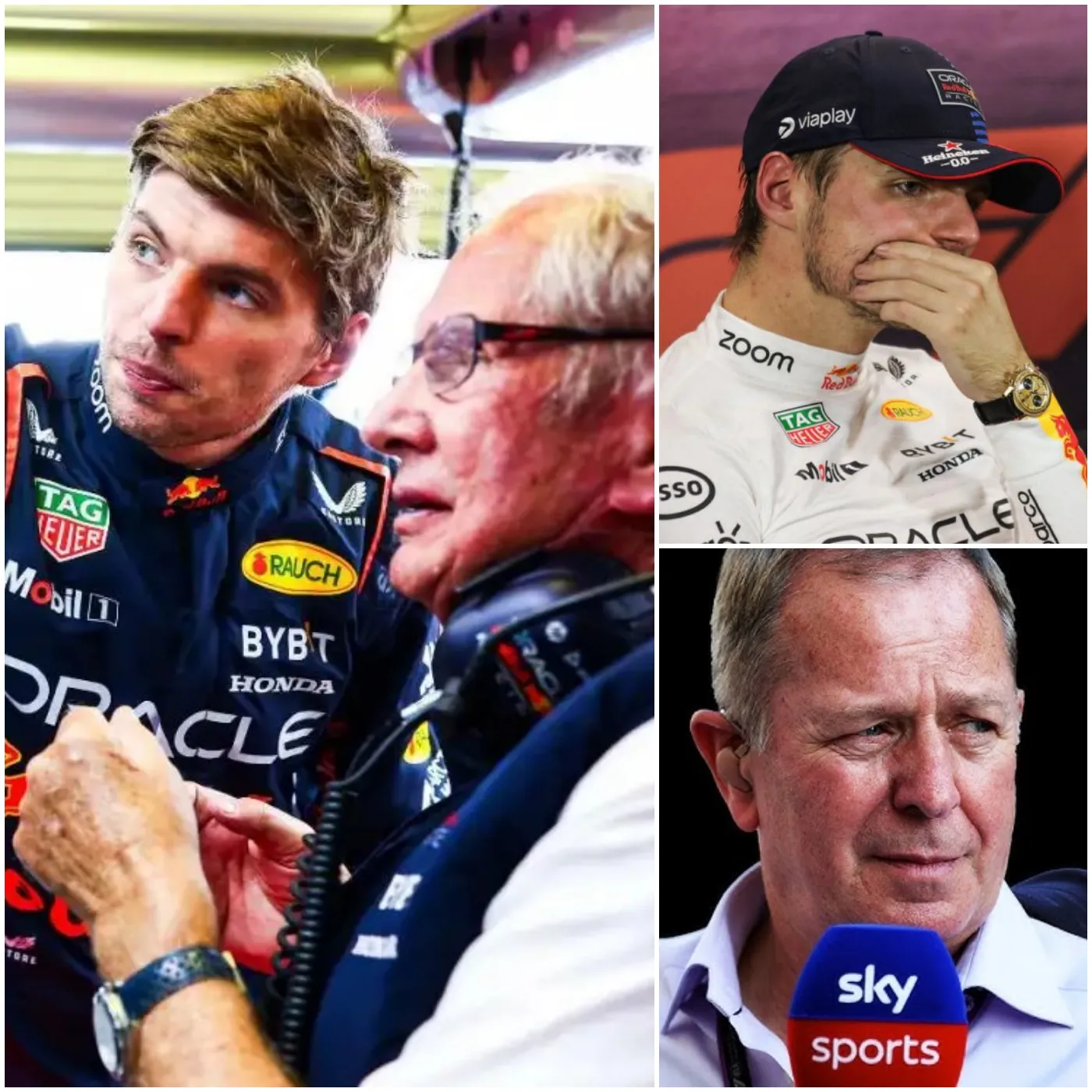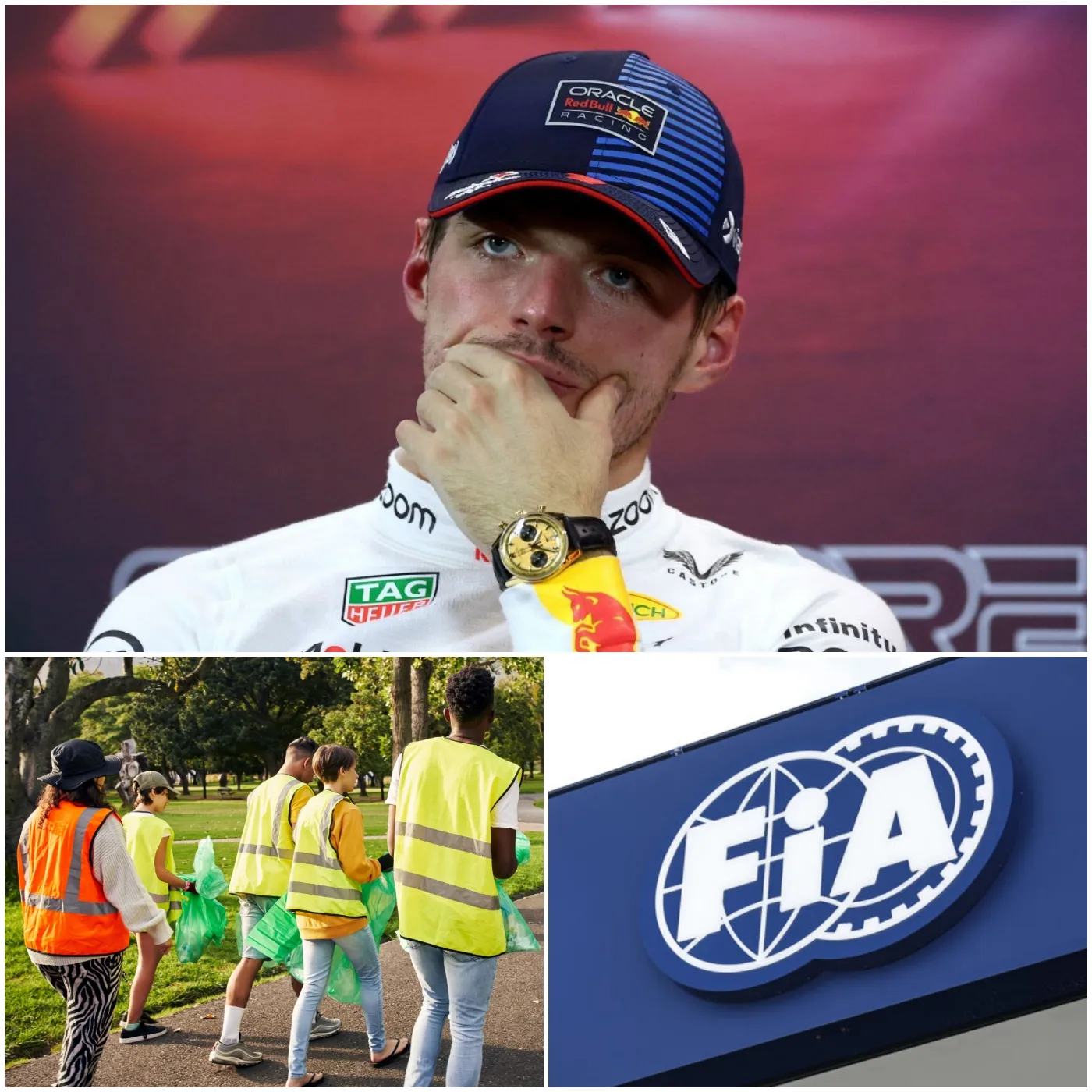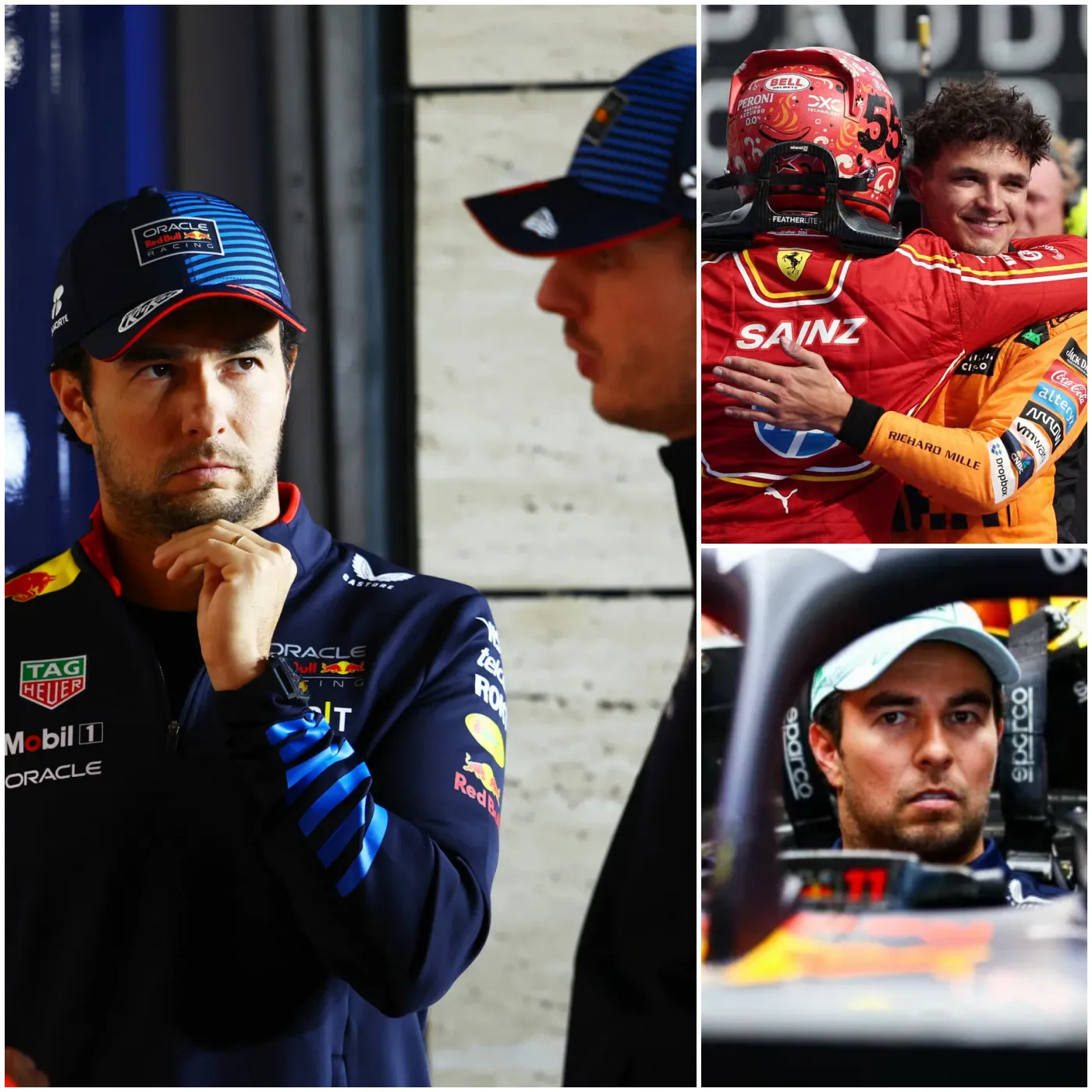The world of Formula 1 has always been an arena where passion, expertise, and history converge. It’s not just about the speed, the glamour, or the high-octane drama of racing; it’s about understanding the complexities, nuances, and deep-rooted traditions that make the sport what it is today. However, in recent comments that have stirred the F1 community, Jenson Button, former world champion, expressed his frustration over what he perceives as a lack of understanding of F1 from former driver Danica Patrick, who is slated to join Sky Sports as a broadcaster.
Button’s remarks, which have set social media abuzz, raised a series of questions about the growing trend of ex-drivers entering broadcasting roles without fully immersing themselves in the inner workings of the sport they once competed in. But more importantly, his criticism centers on the importance of truly grasping the complexities of F1, something that, according to him, Patrick has yet to demonstrate.
Jenson Button’s Criticism: A Matter of Expertise
The debate ignited when Jenson Button, known for his diplomatic nature and calm demeanor, bluntly stated that Danica Patrick needed to “learn more about F1” before taking up her role with Sky Sports. As a seasoned F1 veteran who has raced alongside some of the sport’s greatest talents, Button is no stranger to the intricacies that go into every race weekend, the detailed strategies, and the countless variables that drivers must juggle at 200 mph.
Button’s comments weren’t necessarily aimed at Patrick personally but rather at the larger issue of expertise in the broadcasting space. He made it clear that having a history in motorsport does not automatically translate into a deep understanding of the sport’s finer points. In a recent interview, Button emphasized, “It’s important that if you’re going to be an analyst or a commentator in F1, you need more than just the surface-level knowledge. You have to live and breathe F1 to truly comprehend what’s going on, both in the car and behind the scenes.”
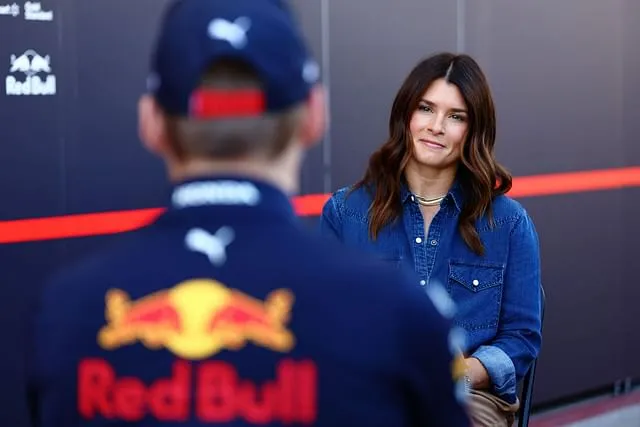
The Rise of Ex-Drivers in Broadcasting
The trend of former drivers entering broadcasting roles is nothing new. The likes of Martin Brundle, David Coulthard, and even Button himself have transitioned from the cockpit to the commentary box with relative success. They offer insights from a place of experience—having competed in the sport, understanding the pressures, and being intimately familiar with the technicalities that shape every race.
But what sets Button’s comments apart is his direct challenge to those who, in his eyes, have not taken the time to fully understand the intricacies of the sport. While Patrick has a successful career in IndyCar and NASCAR, and even a brief stint in Formula 1 with the McLaren team, Button suggests that her experience does not necessarily equip her with the in-depth knowledge required to analyze F1 with the same authority as other seasoned drivers.
In an era where broadcasters are increasingly looking to offer fans expert analysis, having someone who has actually been in the cockpit and felt the G-forces, the strategy calls, and the rivalries is invaluable. Button’s frustration stems from the growing trend where former drivers—regardless of their background—are being handed commentary roles without a demonstrated commitment to delving into the complexities that make F1 unique.
Danica Patrick: A Groundbreaking Career, But Is She Ready for F1?
Danica Patrick, known for being one of the most successful and recognized female drivers in motorsports, has always been an influential figure in the racing world. She carved a name for herself in IndyCar and NASCAR, making history along the way by becoming the first woman to lead laps in the Indy 500. Her breakthrough achievements have earned her a considerable following and respect in the racing community.
However, when it comes to F1, Patrick’s experience is limited. Her lone appearance in F1 came during a brief test with McLaren in 2005, and though she has plenty of racing knowledge, there is a noticeable gap in her expertise when it comes to the nuances of F1.
Button’s critique isn’t about Patrick’s capabilities as a driver or her ability to understand racing at a high level—it’s about the unique nature of F1 itself. Formula 1 is a sport defined by precision, strategy, and an almost obsessive level of detail. Unlike other motorsports, where the focus is often on pure speed or endurance, F1 requires a deep understanding of aerodynamics, tire management, team dynamics, and real-time strategic decision-making. These elements aren’t just part of the sport; they are central to how each race unfolds and ultimately, who wins the championship.
While Patrick’s insights into other forms of racing may be valuable, F1’s multi-layered nature means that a different kind of knowledge is required to fully appreciate the sport. From complex pit strategies to understanding how minute adjustments to a car can affect performance, Button believes that those who commentate on F1 need to fully immerse themselves in these specifics.
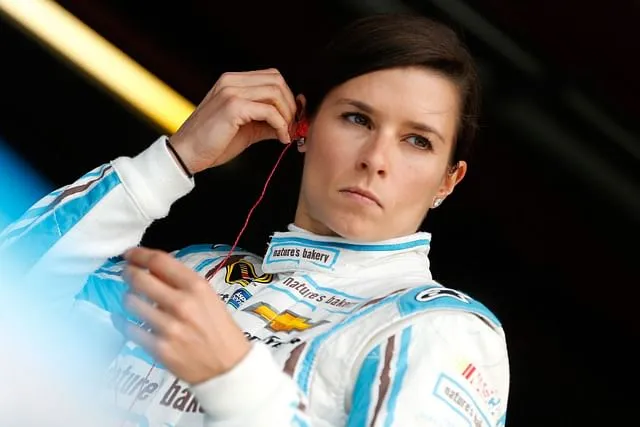
Is Broadcasting a Role for Everyone?
There’s no denying that broadcasting has become a lucrative avenue for former drivers, but as Button points out, not all ex-drivers are suited for the role. Commentators and analysts must have a profound grasp of the sport to connect with audiences in a meaningful way. It’s not enough to simply speak on what’s happening in the race; they need to anticipate decisions, dissect strategies, and provide context that helps fans understand the sport’s complexity.
In Button’s view, this is where the disconnect lies with Patrick. She has shown considerable interest in the sport, but Button’s point is that this isn’t enough to do justice to F1 fans. “If you’re going to represent F1, you need to understand the depths of it. Otherwise, you’re just skimming the surface,” Button remarked.
Moving Forward: A Call for F1 Broadcast Excellence
As Formula 1 continues to grow in popularity around the world, the demand for insightful, knowledgeable commentary will only increase. Fans aren’t just looking for entertainment—they want to understand the strategy, the technical aspects, and the drama that make every race a thrilling spectacle.
Jenson Button’s comments should not be seen as an attack on Danica Patrick, but rather as a call to raise the standards of broadcasting within F1. There is room for new voices, but those voices need to be equipped with the knowledge and understanding that F1 demands. If Patrick is to succeed in her new role, Button believes that her first step should be to immerse herself in the sport’s technicalities and nuances, truly understanding what makes Formula 1 unique.
The future of F1 broadcasting hinges on offering fans the kind of deep, expert insights that enhance their viewing experience. And as the sport evolves, it’s crucial that those at the mic do more than simply narrate the action—they need to provide context, analysis, and understanding from a place of true expertise.
